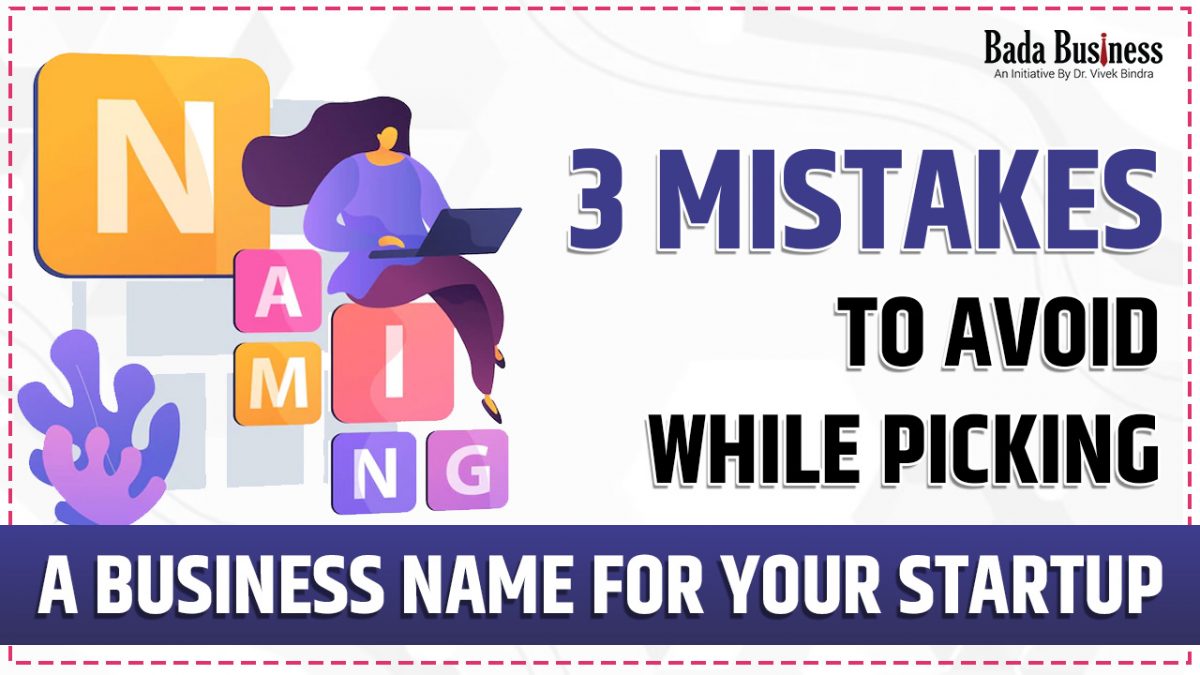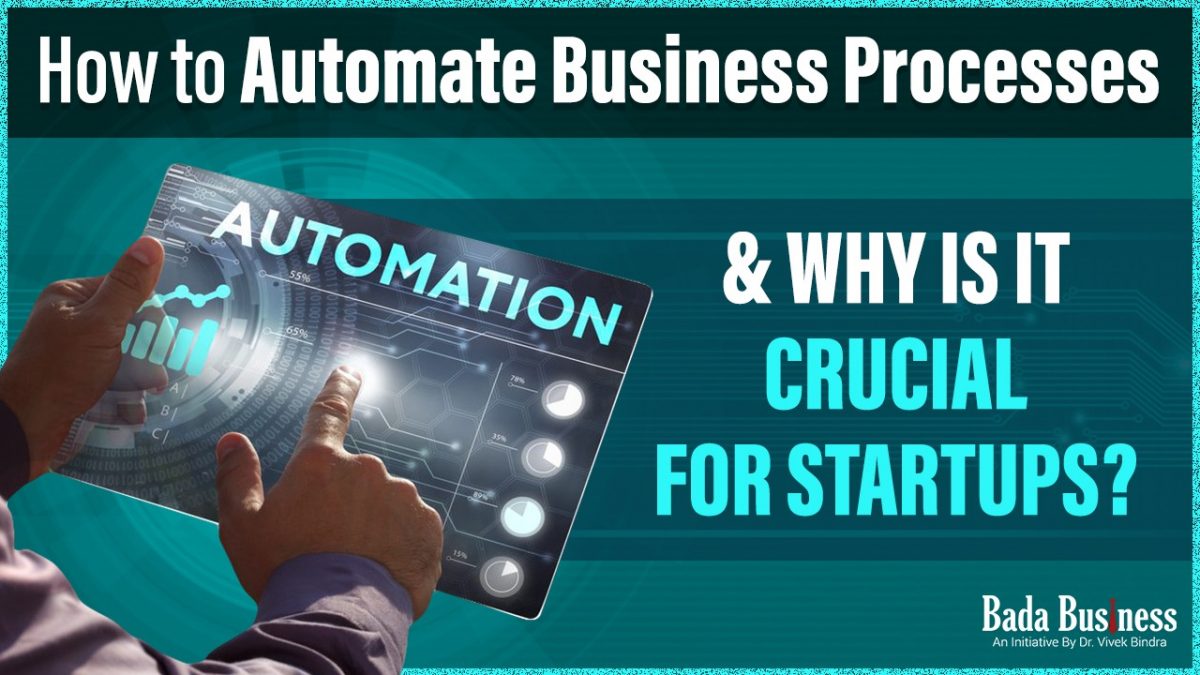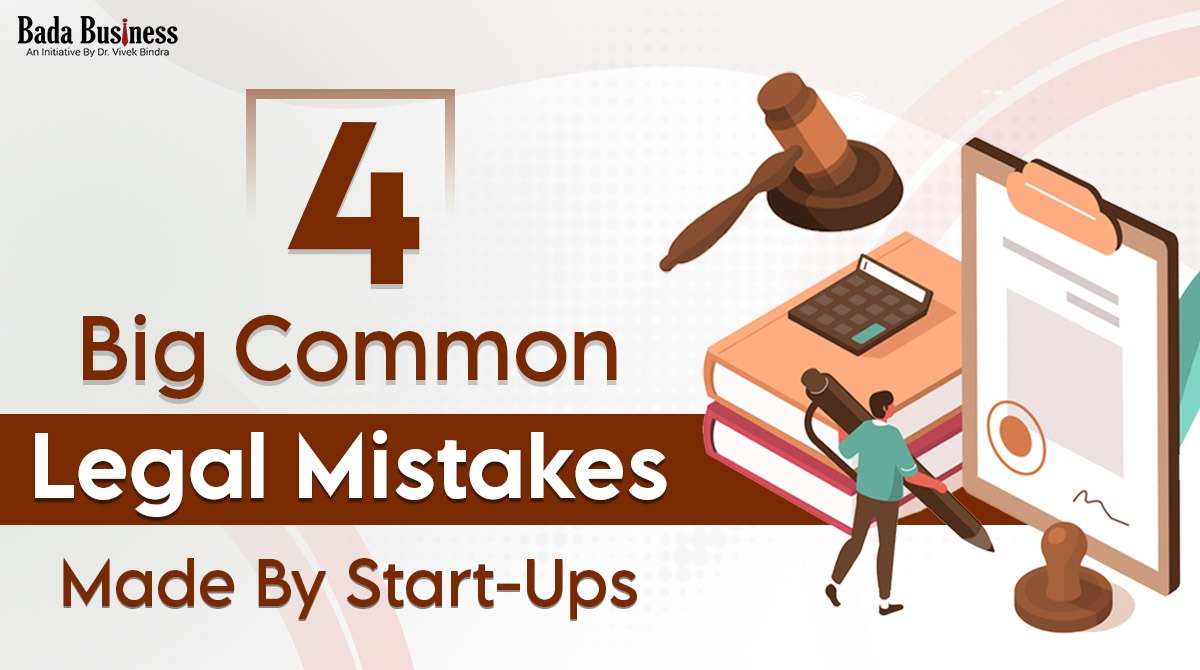Startups are proving to be a lucrative opportunity among millennials who are passionate about starting their own business with low investment. Especially, when the past two years have been like a nightmare to the entire world.
Many people have lost their jobs and many businesses have shut down too. However, there have been so many new low investment business ideas that young entrepreneurs are trying and making profits.
If you have a great idea and are determined to make it work, you can start a business online or offline. From Steve Jobs to Mark Zuckerberg some of the most powerful business leaders once started their businesses from in a garage or a dorm room.
If you too are looking for some of the most amazing startup business ideas that need minimum investment, here is a list:
1. Online Bakery
During the imposed lockdown, many people discovered their love for cooking, especially baking. Once, I was reading an article written by Vir Sanghvi, where he mentioned how people have started baking their bread during the lockdown. Want to know what is more fascinating? These breads are as good as the loaves of bread that are produced by chefs from high-end restaurants.
So, if you too think that you are passionate about baking, you can start a bakery. As the online food business is one of the most popular and profitable businesses in India, bakeries are also enjoying their fair share of popularity.
The best thing about starting an online bakery is that it is a low investment business idea and can be started from your kitchen itself. All you need is an oven and ingredients. As cakes are a vital part of all the celebrations, you can expect orders in great numbers because people these days prefer to purchase homemade food. You can also share online recipes to increase engagement and customers online.
2. Dropshipping
Dropshipping is one of the most successful small businesses in India. It is a retail fulfillment method where you don`t need an inventory to open an online store. Hence, you need limited funds and can start a business with pretty much a low investment. Whenever a customer placed an order, the product is purchased from a third party and directly shipped to the customer.
As you do not need an inventory store, you can entirely focus on marketing tactics. However, make sure that the quality of your product is excellent. As your store`s trustworthiness will entirely depend on the quality of the products that you will offer.
3. Handcrafted Products
Another brilliant low investment business idea is to sell handcrafted products. If you want to start a business that not only benefits you but also opens the doors to the local artisans, you can try selling products that are crafted by the expert hands of local Indian artisans.
From candles to soaps, pottery to DIY décor items, there are lots of choices, to begin with. You can connect with local craftsmen and create unique and customized products to make your customers fall in love with them. This will not only promote the Indian arts and craftsmanship but will also help local artists to earn a decent amount of earning that they truly deserve.
Apart from these three ideas, there are lots of other ideas that can help you to start your own business. Many successful businesses in India once started on a small scale. With true determination and passion, you can begin your entrepreneurial journey.









